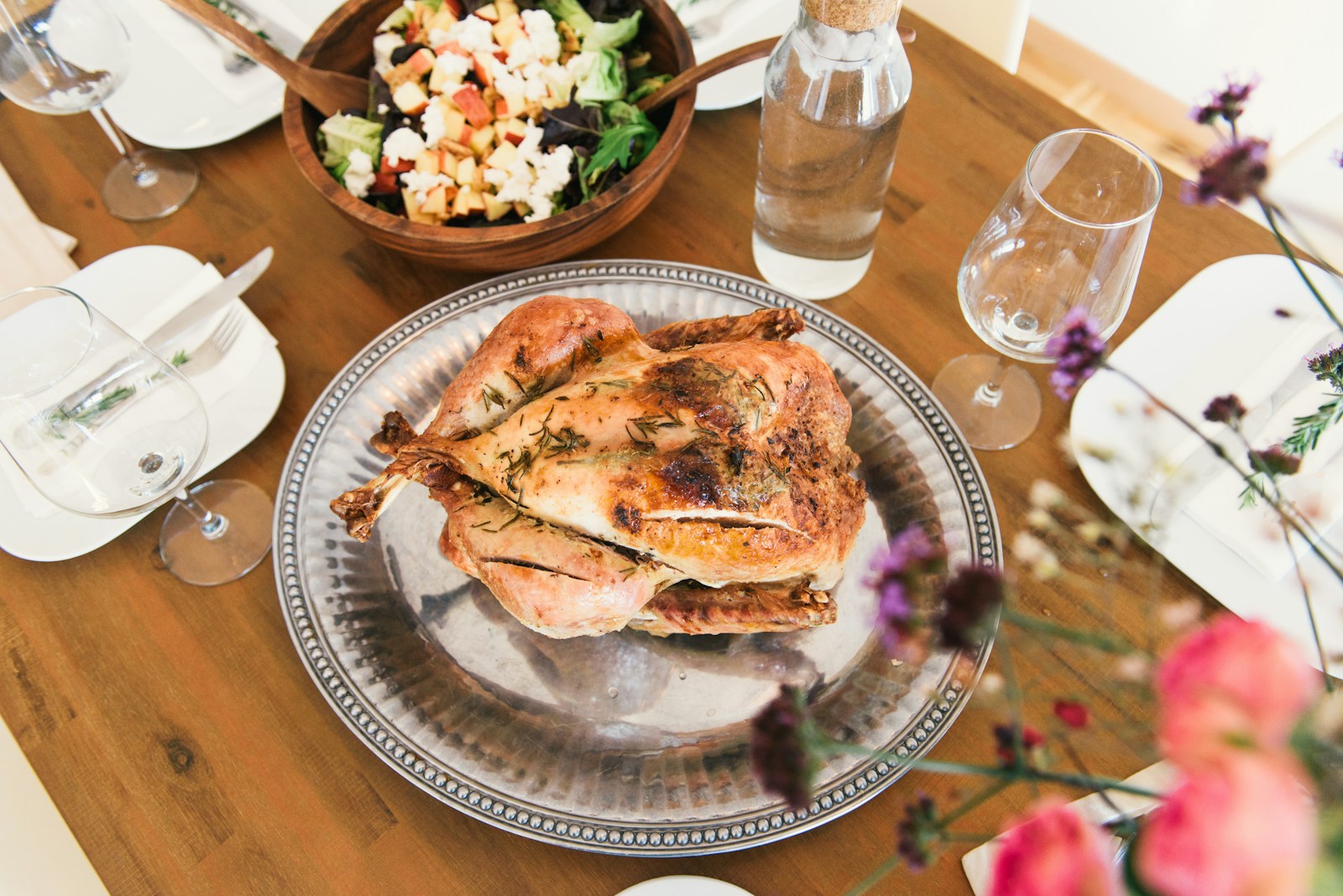
食物
shíwù

food
This is a general term in Chinese meaning food, referring to anything consumable by humans or animals.
Example sentences using: 食物
我妈妈做的食物很好吃。
Wǒ māmā zuò de shíwù hěn hǎochī.

The food my mother makes is delicious.
The sentence is used to praise the cooking skills of a family member, in this case, the mother. It could be used when speaking about fond memories or family gatherings.
在家里,我们都分享食物。
Zài jiālǐ, wǒmen dōu fēnxiǎng shíwù.

At home, we all share food.
This sentence reflects the communal aspect of meals in many families, where family members share food and time together. It represents a significant cultural aspect.
过年时,我们家会做很多好吃的食物。
Guònián shí, wǒmen jiā huì zuò hěnduō hǎochī de shíwù.

During the New Year, our family will make a lot of delicious food.
This sentence is about family traditions during festivals or holidays, particularly the food traditions during the important Chinese New Year holiday.
这是我父亲最喜欢的食物。
Zhè shì wǒ fùqīn zuì xǐhuan de shíwù.

This is my father's favorite food.
It is a simple phrase expressing personal preferences within the family. It could be used when talking about different family members' food preferences.
家庭聚会时,我们都会带些食物。
Jiātíng jùhuì shí, wǒmen dōu huì dài xiē shíwù.

During family gatherings, we all bring some food.
This sentence is about the custom of potluck in family gatherings which is quite common in many cultures. It tells about the collective effort in food preparation.
食物是家庭聚会的重要部分。
Shíwù shì jiātíng jùhuì de zhòngyào bùfen.

Food is an important part of family gatherings.
The sentence emphasizes the importance of food in family gatherings. It shows how food brings family together.
我们家的食物都是健康的。
Wǒmen jiā de shíwù dōu shì jiànkāng de.

The food in our home is all healthy.
This sentence tells that the speaker's family focuses on healthy eating. It can be used when discussing dietary habits within the family.
每个家庭都有自己的食物习惯。
Měi gè jiātíng dōu yǒu zìjǐ de shíwù xíguàn.

Every family has their own food habits.
This statement is often used to indicate that each family has unique food preferences and habits. It could be used when discussing different food cultures.
我爱我家的食物。
Wǒ ài wǒ jiā de shíwù.

I love the food from my home.
This is a simple and direct sentence expressing someone's love for their home-cooked food. It can be used to express appreciation for family traditions or meals.
我爷爷在教我做家庭的传统食物。
Wǒ yéyé zài jiāo wǒ zuò jiātíng de chuántǒng shíwù.

My grandfather is teaching me to make traditional family food.
The sentence shows that traditional food recipes are passed down the generations. It describes a scene where an elder family member (grandfather) is teaching the younger about family food traditions. It is often used when speaking about family bonding and heritage.